Evolution may have started it, but society keeps reinforcing it.

There’s something deep in the wiring of many men that kicks in when they sense a threat to women or children. It’s not about machismo or outdated gender roles—it’s a powerful instinct that’s been shaped by biology, culture, and upbringing. For generations, boys have been taught, either directly or through silent examples, that part of being a good man is stepping up when someone more vulnerable needs help.
But the need to protect doesn’t come from weakness in women or children—it comes from the relationship men have to responsibility, identity, and purpose. That protector role can offer a sense of direction, even meaning. While times have changed and gender norms continue to evolve, the urge to defend still shows up in modern ways. These 11 social influences help explain why so many men feel pulled to take on the role of protector—and why it’s not as outdated as it may seem.
1. They were raised to believe protection equals strength.

Many men grow up watching their fathers, coaches, or male role models step in during moments of crisis or discomfort. The message gets embedded early: real men are strong, and strength means keeping others safe, according to Aaron Schuyler Dentel-Post at The Secret Chronicle. It’s rarely spoken directly, but the signals are everywhere—especially in households where dads did the fixing, shielding, and defending.
That early modeling plants a powerful seed. Later in life, even the most emotionally evolved man might feel an automatic surge of responsibility when someone they care about feels threatened. The behavior isn’t always about dominance—it’s about meeting an expectation that’s been wired in through years of social exposure. Even in modern relationships, where power dynamics are shifting, many men still feel a deep pull to be the one who stands in front.
2. They associate protection with proving their worth.
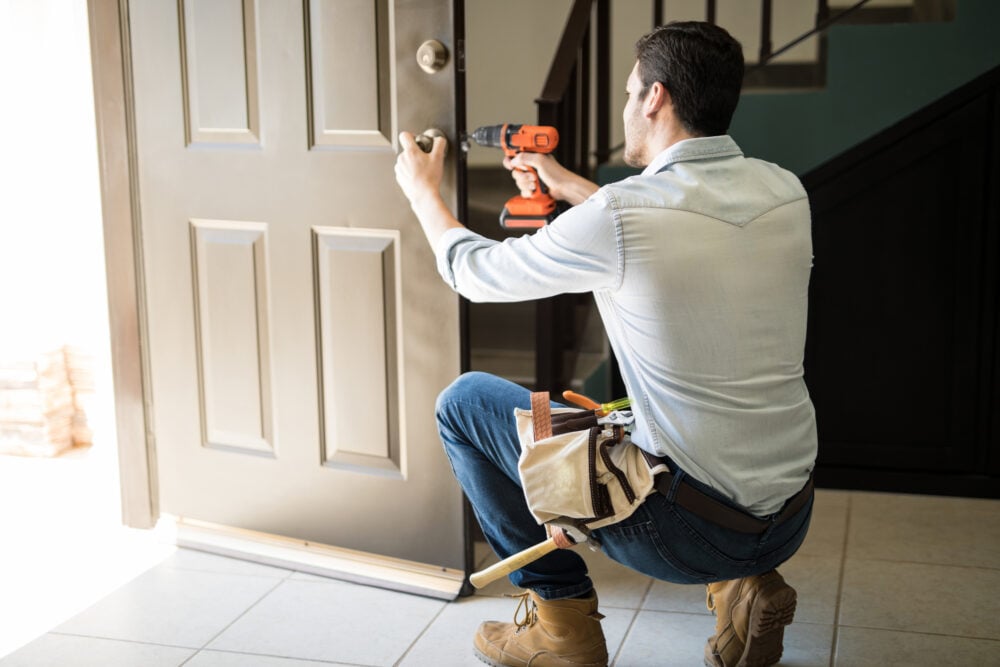
In many circles, especially growing up, a man’s value is tied to how useful he is, as reported by Diana Kirschner Ph.D. at Psychology Today. Fix a broken faucet? You’re handy. Take a punch defending a friend? You’re loyal. Provide financial support? You’re responsible. So naturally, stepping into protector mode becomes a way to signal, “I matter.”
This isn’t always healthy—linking self-worth to utility can lead to burnout or resentment—but it’s deeply ingrained. The need to feel valuable can make protection feel like a default role. In some cases, this can turn problematic, especially when protection crosses into control. But when balanced, it helps men step up in meaningful, sometimes lifesaving, ways that make others feel safe and valued too.
3. They’re taught that courage is a masculine virtue.
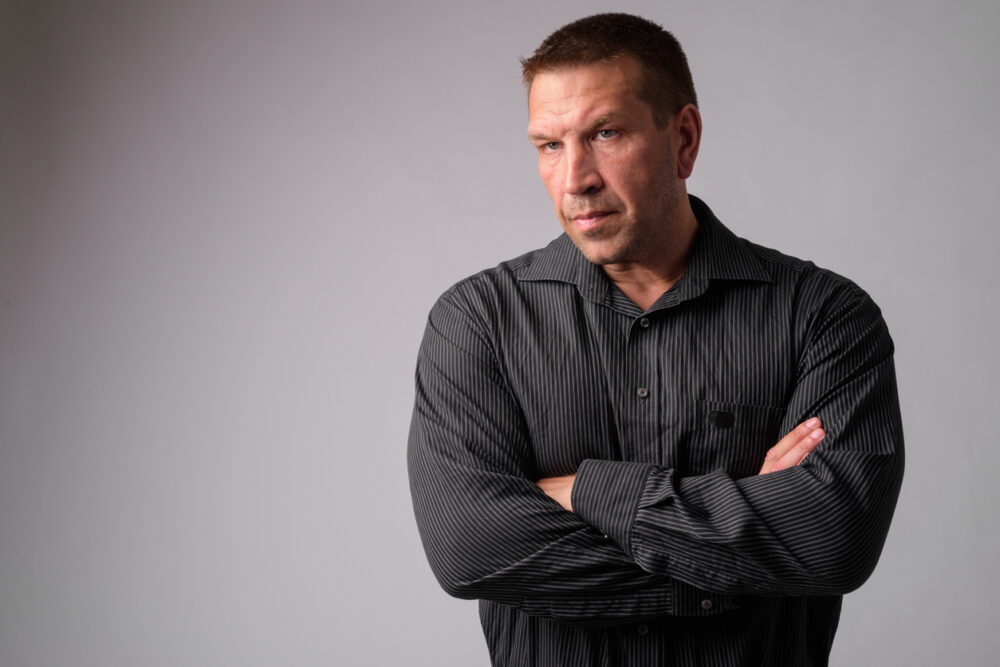
Courage and masculinity have long been paired together in stories, media, and everyday conversations, as stated by Harvey C. Mansfield at Contemporary Thinkers. Boys are praised for being brave, even when they’re scared. They’re told to “man up,” which often translates to “stand up” when someone else can’t. This training turns into a social expectation that brave men act—especially when someone’s in danger.
So when a man sees a woman being harassed, or a child lost in a crowd, something in him says: be brave. It’s not just instinct—it’s legacy. Even in settings where physical risk isn’t involved, many men feel compelled to be courageous for others. It’s less about being a hero, more about living up to an ideal they were taught matters.
4. They associate safety with love and responsibility.

For a lot of men, providing safety isn’t just about obligation—it’s how they show love. Holding their partner close during a thunderstorm, walking on the street side of the sidewalk, checking the locks at night—it’s not just habit, it’s affection. These actions are subtle signals: I care enough to watch over you.
This dynamic shows up in relationships with kids too. Protection becomes a love language—being the one who checks the brakes, scopes out the neighborhood, or stays up late making sure everyone’s okay. It’s a quiet, powerful way of saying, “I’ve got you,” without needing to say much at all.
5. They fear being seen as weak or passive.
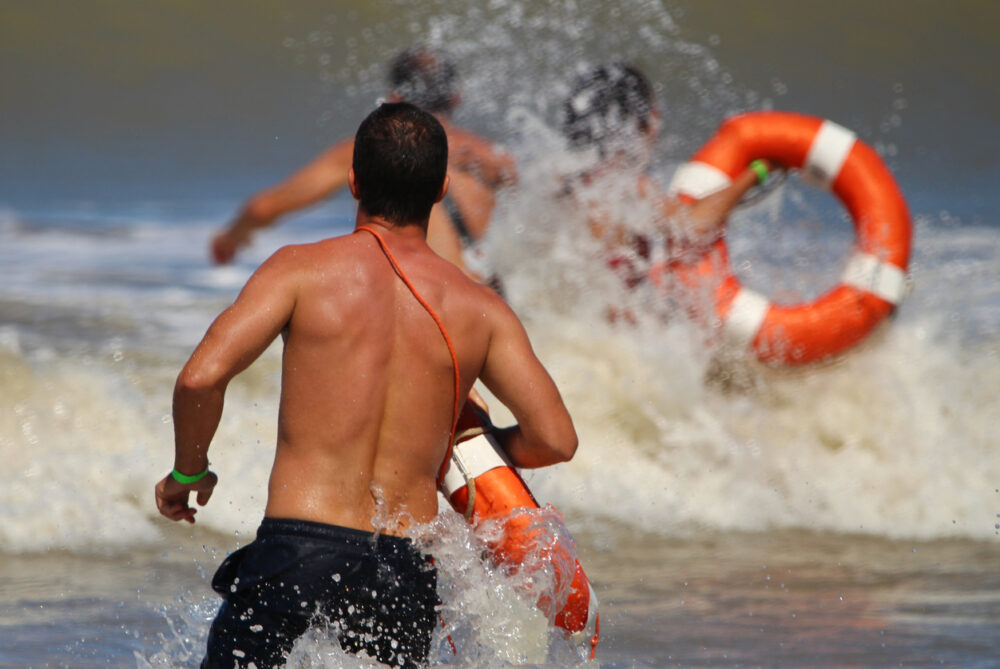
In many social circles, a man who doesn’t step in when someone’s in trouble risks being judged. Not necessarily by others, but by himself. That internal voice—the one raised on stories of knights, soldiers, and stand-up guys—asks, “Why didn’t you do something?” Even if no one else notices, he feels it.
That pressure can drive men to act even when they’re unsure or scared. The risk of being perceived as passive or cowardly often outweighs the risk of stepping in. Over time, this sense of accountability becomes automatic. For better or worse, many men measure themselves not just by what they achieve, but by what they prevent.
6. They want to protect what feels sacred.

Many men, consciously or not, view women and children as emotionally sacred. Not fragile, but precious. There’s a difference. It’s not about condescension—it’s about reverence. That instinct kicks in especially hard when a child is crying, or a woman looks scared. Something in the male psyche lights up and says, “This matters more than me right now.”
That reverence often fuels a protective instinct that’s immediate and non-negotiable. Whether it’s stepping between a stranger and their date or shielding their child during a chaotic moment, these men aren’t thinking about optics or points—they’re following a deep internal signal that says: shield the sacred.
7. They’ve absorbed cultural archetypes of manhood.
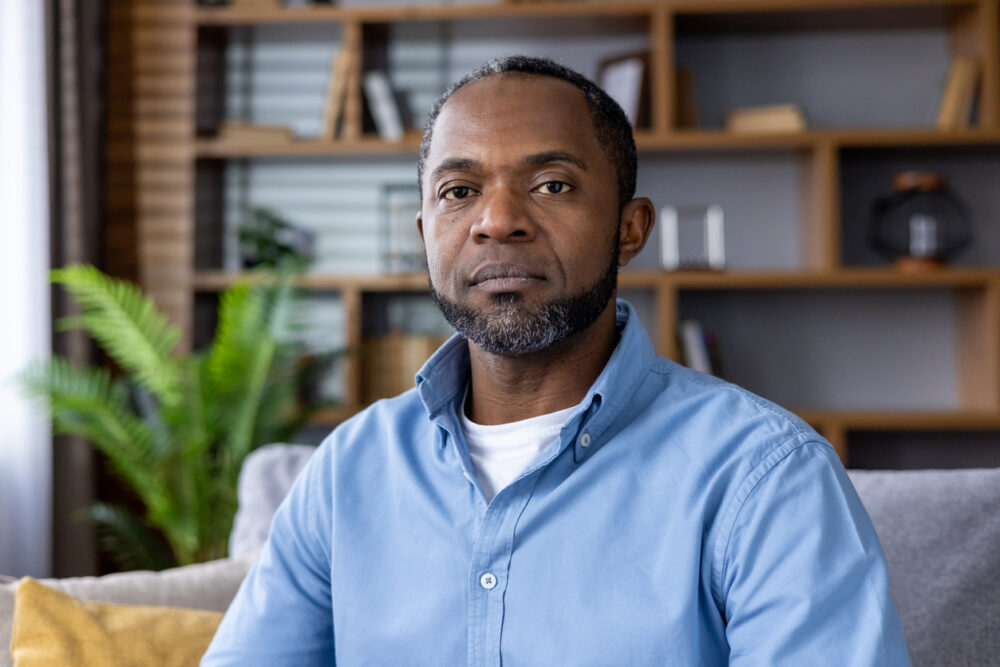
Action heroes, protective dads, stoic soldiers—pop culture is packed with men who step up. These characters might be fictional, but the impressions they leave are real. Decades of movies, TV shows, and even cartoons plant this idea: a man’s greatest moment is when he saves someone else.
So when real life mirrors danger—even if it’s subtle—many men instinctively channel that archetype. They might not even realize they’re doing it. It’s not about playing a role so much as answering an identity shaped by thousands of messages over the years.
8. They want to be seen as dependable.

Dependability might be the most underappreciated quality in a man’s self-image. Being the guy others can count on—the one who shows up, speaks up, stands firm—is a badge of honor. Protecting others becomes a natural expression of that identity.
Men who prioritize dependability often see protection as a non-negotiable. They’re not waiting for thanks or applause. In fact, they may not even realize they’re doing something “admirable.” In their minds, it’s just what good men do. That quiet pride in being reliable fuels their protective instincts.
9. They feel a biological drive to guard the vulnerable.
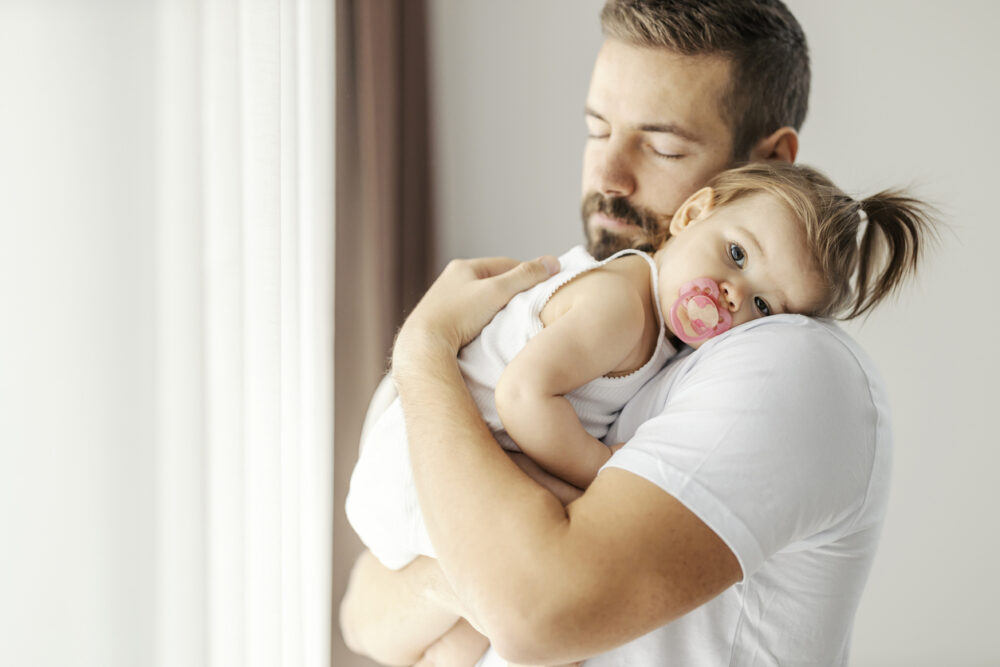
Some of the protector instinct is hardwired. Evolution favored those who could defend their tribe. Those who stepped in, fought off threats, or shielded the young were more likely to see their genes survive. That biological impulse still hums under the surface, even in a world of passwords and pepper spray.
Modern men don’t need to fend off saber-toothed tigers, but that same surge of energy often rises when they perceive danger. It’s not a conscious decision—it’s a flash of adrenaline, a shift in posture, a heightened awareness. Even without training, they feel compelled to act.
10. They associate being needed with being loved.

Being needed scratches a deep itch in many men. It validates their presence and gives them a role. When someone looks to them for safety, guidance, or backup, it can be emotionally rewarding. Protection becomes a pathway to feeling emotionally significant.
This is especially true in romantic relationships or parenthood. Protecting a partner or child isn’t just about safety—it’s about belonging. That sense of purpose becomes deeply tied to identity, and over time, it reinforces the instinct to step in before anyone else does.
11. They fear the regret of inaction.

Many men carry stories—personal or observed—where someone didn’t act and paid the price. It might be a friend who ignored a warning sign, a stranger who walked away, or a father who always said, “Do something, even if it’s scary.” That kind of regret becomes a motivator.
It’s not just the regret of letting someone down—it’s the haunting thought that you could have made a difference. For men with strong protector instincts, doing nothing feels worse than doing something imperfectly. That fear of regret, of standing by while someone suffers, can become one of the strongest pushes toward stepping in—even at personal risk.
